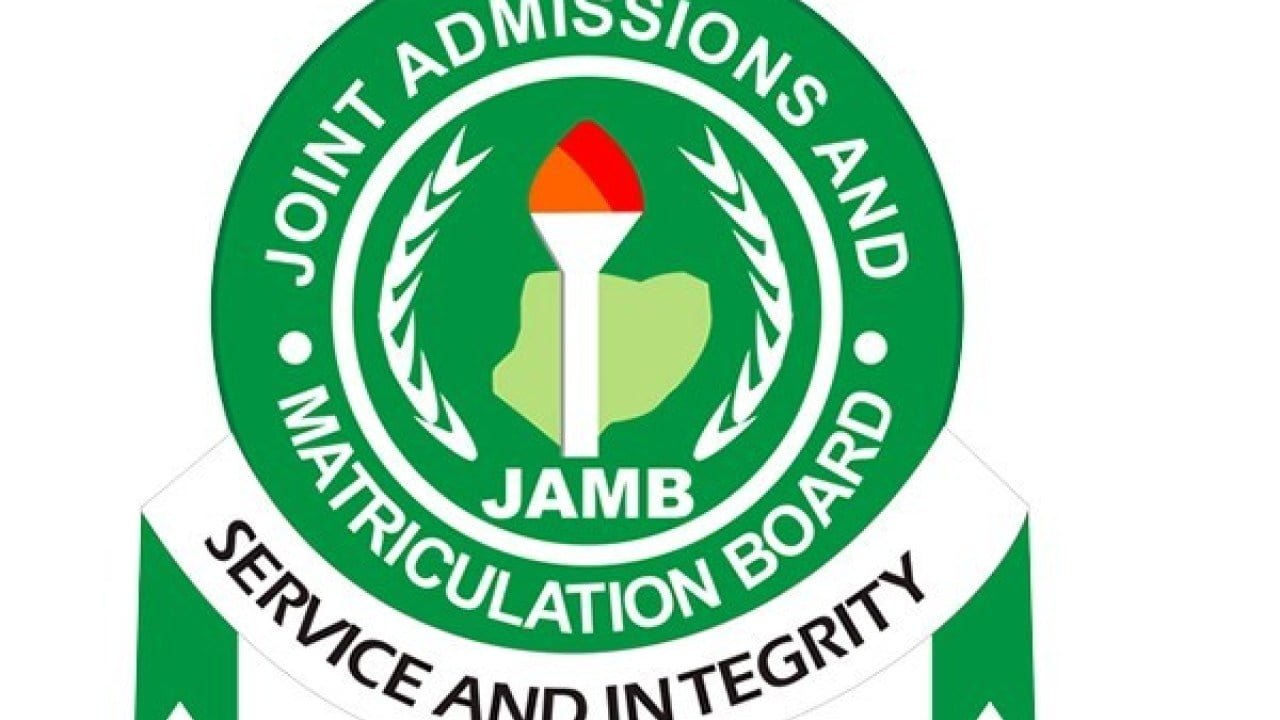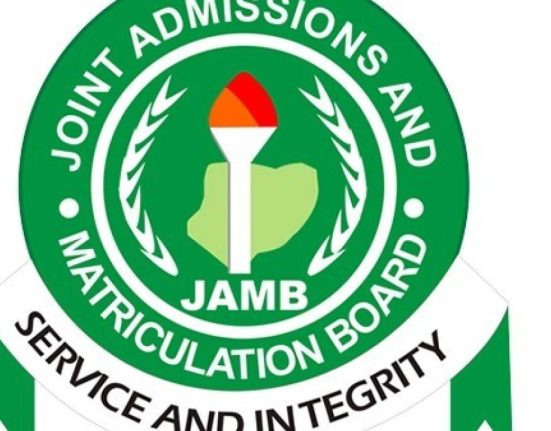In a significant shift for the 2025 admission cycle, several Nigerian universities have begun adjusting their minimum JAMB cut-off marks downward, with many institutions now accepting candidates with scores as low as 140. This move comes in response to the high number of low performances recorded in this year’s Unified Tertiary Matriculation Examination (UTME).
The Joint Admissions and Matriculation Board (JAMB), which conducts the UTME annually, had earlier announced that while the general benchmark remains at 140 for university admissions, individual institutions are at liberty to set their own minimum score thresholds, depending on capacity, competitiveness, and institutional policies.
According to reports from school admission platforms and educational sources, a wide range of private and state-owned universities have adopted the 140–160 score range as their entry point this year. These include Abia State University, Akwa Ibom State University, Al-Qalam University, American University of Nigeria, Edo State University, Igbinedion University, Madonna University, and Covenant University, among others.
Others, such as Adamawa State University, Bingham University, and Ajayi Crowther University, are reportedly accepting scores from 150 upwards.
Education analysts say the drop in cut-off marks reflects the broader impact of systemic challenges in Nigeria’s education sector, including inadequate funding, limited teaching infrastructure, exam malpractice, and disruptions caused by previous industrial actions in public universities. Many of the candidates who sat for the 2025 UTME reportedly struggled with basic subjects, particularly English Language and Mathematics.
In response, universities are adopting flexible admission policies to avoid leaving thousands of admission slots unfilled, especially in less competitive courses. However, critics warn that such moves must not compromise academic standards or institutional integrity.
As the post-UTME and screening processes commence across campuses, prospective students are advised to follow official updates from their preferred institutions and avoid misinformation circulating on social media. JAMB has also urged candidates to make use of the Central Admission Processing System (CAPS) portal to monitor their admission status and accept or reject offers as appropriate.
The decision to lower entry requirements may help ease the pressure on students and their families, but it also raises pressing questions about the long-term quality of tertiary education in Nigeria.






